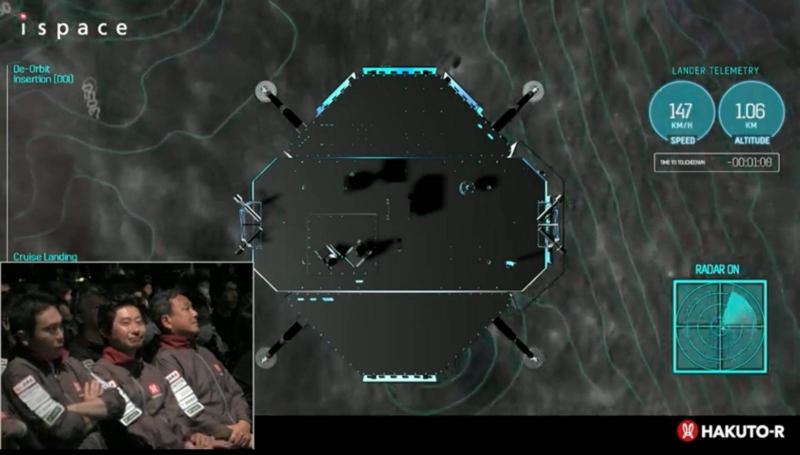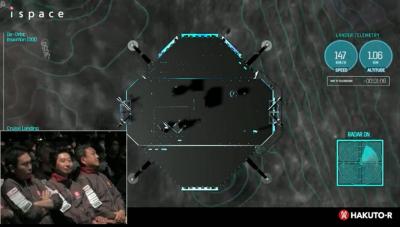The Mohammed bin Rashid Space Centre announced that the company "iSpace" lost contact with the "Hakuto-R" lander on Tuesday evening, which is carrying the Rashid explorer, as it could not confirm its landing. The "iSpace" team indicated that they continue to study the situation. This follows the announcement about the imminent arrival of the Rashid robotic explorer on the lunar surface, in the Mare Frigoris region, specifically at the Atlas Crater.
The primary landing site for the "Hakuto-R" spacecraft carrying the #Rashid_Explorer is the "Atlas" crater in the northeast of the moon. The site aligns with the scientific objectives of the mission and was selected in cooperation between the Mohammed bin Rashid Space Centre and the French Geological Research Center.
The Japanese startup "iSpace" anticipated a failure in its attempt to land the first spacecraft from a private company on the lunar surface earlier today after engineers made every effort to re-establish contact with the Hakuto-R Mission 1 (M1) after a significant delay from the scheduled landing time.
The company's CEO, Takeshi Hakamada, stated during a live broadcast: "We lost contact (with the spacecraft), so we have to assume that we will not be able to complete the landing on the moon."
Animation simulating the spacecraft's metrics showed that M1 was prepared for autonomous landing as it approached the moon's surface within 295 feet. As the expected landing time approached, concern gripped engineers at the mission control center as they waited for a signal to confirm the spacecraft’s fate, but that signal did not arrive.
The M1 spacecraft launched from Cape Canaveral, Florida, aboard a SpaceX-owned rocket in December and completed several mission objectives before attempting to land on the lunar surface. The robotic lander carries several lunar vehicles, including a miniature model developed by the Japan Aerospace Exploration Agency in cooperation with toy maker Takara Tomy, as well as the Emirati lunar explorer "Rashid," which was designed and built by the United Arab Emirates.
The "Hakuto" project ("White Rabbit" in Japanese) was one of five projects that reached the final stage of the international "Google Lunar XPRIZE" competition, which announced no winners as no company was able to land a robot before the deadline (in 2018).




